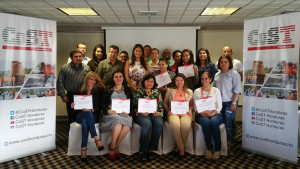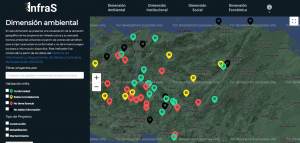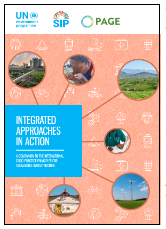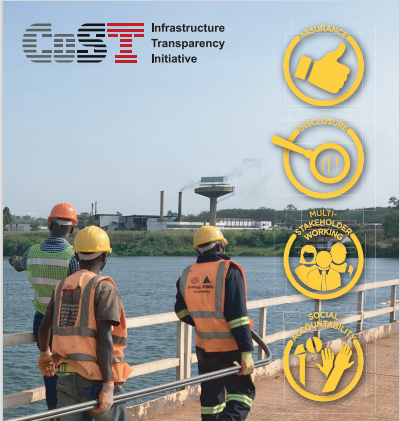2021 saw, not only the continuation of the pandemic and its impacts, but the continuation of climate change on CoST regions and of corruption in public procurement
As ever, CoST members rose to the challenges faced in their regions, strengthening transparency and accountability in infrastructure across sectors. 2021 marked one of the highest levels of data being disclosed from projects in CoST’s history and more sector wide reforms than 2020.
Unfortunately, 2021 also saw the resurgence of the Taliban impacting CoST Afghanistan, which sadly has led to the end, for now, of CoST Afghanistan. In our foreword, we detail the struggles of CoST to get the Afghanistan team to safety.
Despite the tests faced, CoST’s 2021 achievements across the globe highlight the importance of us strengthening multi-stakeholder working; disclosure; assurance and social accountability across the globe. Read our full 2021 Annual Report.
Driving change in equality
Climate change has been deepening existing inequalities between the Global South and Global North. To tackle the climate emergency and its impact on the country, CoST Honduras developed a new platform, Infra S, to help stakeholders understand environmental risks from infrastructure development, whilst CoST Uganda worked with local stakeholders, government and community to increase its water supply in the face of droughts.
To tackle the climate emergency and its impact on the country, CoST Honduras developed a new platform, Infra S, to help stakeholders understand environmental risks from infrastructure development, whilst CoST Uganda worked with local stakeholders, government and community to increase its water supply in the face of droughts.
To work towards achieving gender equality, we published guidance for CoST members on how a gender inclusive approach can be used in data disclosure and assurance. CoST Hondruas also worked with the National Autonmous University to offer couses made for indigenous groups and women, which included an emphasis on the roles played by these groups.
Tools to transform transparency
The role of our Infrastructure Index Transparency was strengthened, with several CoST members participating for a second time. This tool, which supports governments, private sector and civil society, enables CoST members to understand their transparency and quality of processes overall. Members are able to better understand their weakest, and strongest areas across the sectors and projects they work on. 
CoST also developed the GitHub Repository, which hosts open source tools developed by CoST members. This includes InfraS, created by CoST Honduras. This important tool can be used to expand the social value of open data.
Advocacy and Expertise
 CoST Guatemala’s work was promoted by the UN for promoting youth and female participation in the delivery of public infrastructure. CoST Malawi’s work was praised by the United Nations Environmental Programme. CoST’s work was also endorsed by the C20 and The Basel Institute on Governance. CoST’s expertise was recognised through invitations to participate in high level interviews and events, such as by the Infrastructure and Accountability Initative; the US Summit for Democracy and the Asia Water Specific Forum.
CoST Guatemala’s work was promoted by the UN for promoting youth and female participation in the delivery of public infrastructure. CoST Malawi’s work was praised by the United Nations Environmental Programme. CoST’s work was also endorsed by the C20 and The Basel Institute on Governance. CoST’s expertise was recognised through invitations to participate in high level interviews and events, such as by the Infrastructure and Accountability Initative; the US Summit for Democracy and the Asia Water Specific Forum.
